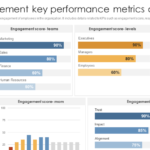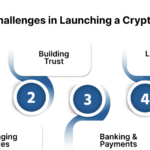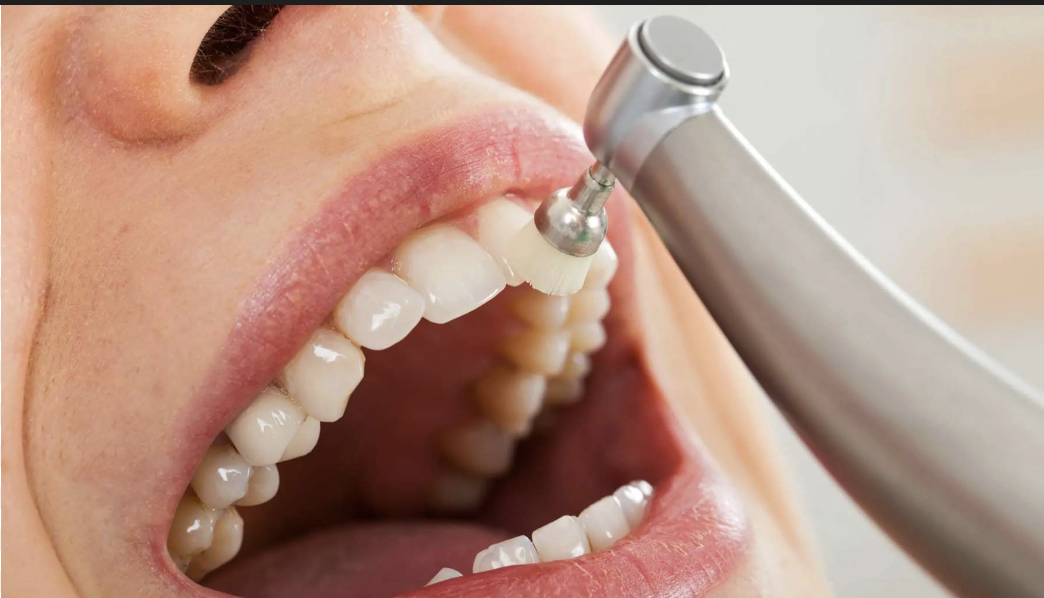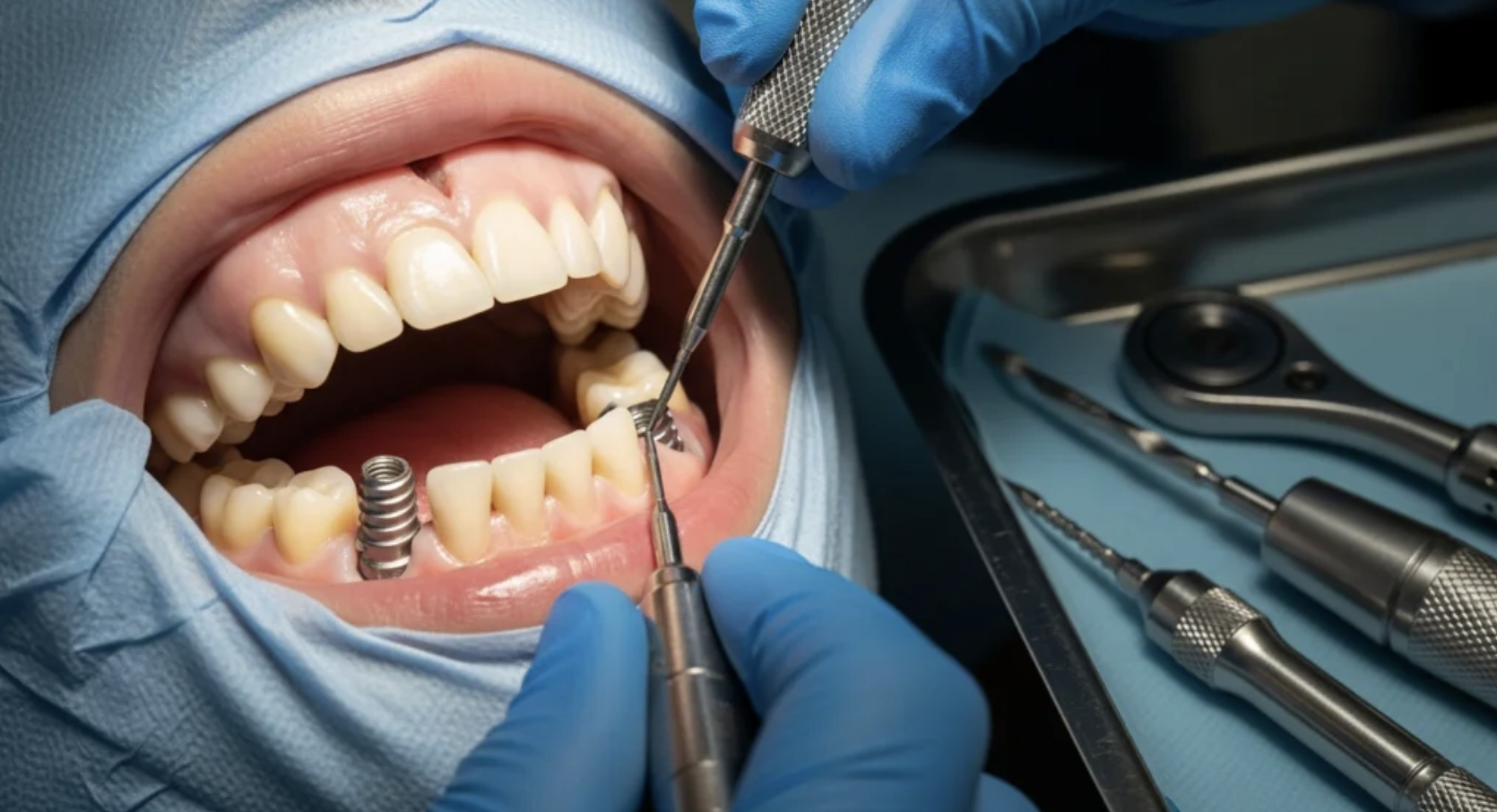The first trimester is a crucial stage for expecting parents. Many prenatal tests are available to provide early insights into the baby’s health. One such test is the NIPT test, which screens for certain genetic conditions. It helps parents make informed decisions about their journey ahead. But is it possible to take this test in the first trimester?
Understanding the timing of prenatal screenings is important for expecting parents. Many parents prefer early testing, and the NIPT test in pregnancy offers a non-invasive way to gain insights. This article explores whether early testing is possible, its benefits, and what parents should consider before making a decision. Let’s read about them in detail.
When Can This Screening Be Done
This screening can be performed early in pregnancy. Most healthcare providers offer it after the 10th week. At this stage, the mother’s blood contains enough fetal DNA for accurate analysis. Early testing allows parents to receive results sooner, helping them plan ahead. However, the timing may vary based on medical advice.
The timing of this test is crucial for obtaining accurate results. If performed too early, the fetal DNA in the mother’s blood may not be sufficient. This can sometimes result in the need for a repeat test. Healthcare providers often recommend scheduling the screening after confirming gestational age.
Benefits of Early Screening
Taking this screening in the first trimester has many advantages. It provides early insights into potential genetic conditions. Parents can discuss results with specialists to understand the next steps. Since the test requires only a simple blood sample, it is non-invasive. Many parents prefer early testing for peace of mind.
Early screening can also reduce the need for invasive procedures later in pregnancy. If the results are reassuring, parents can move forward with greater confidence. In cases where concerns arise, early detection allows for timely interventions. Medical professionals can guide parents through their options with more preparation time. This makes early screening a valuable tool for proactive prenatal care.
Factors to Consider Before Testing
Before opting for early screening, there are some important factors to consider. Doctors recommend the test based on medical history and other screenings. The accuracy of the results depends on the fetal DNA present in the mother’s blood. In rare cases, a repeat test may be needed if the sample does not have enough fetal DNA. Consulting a healthcare provider ensures the right decision is made.
Parents should also be aware of the test’s limitations. While it is highly accurate, it is not a diagnostic test. A positive result does not confirm a condition but indicates the need for further testing. Similarly, a negative result does not completely rule out all genetic conditions. Understanding these factors can help parents approach the results with the right expectations.
How Early Results Impact Decision-Making
Getting results in the first trimester allows for timely medical advice. Parents have more time to understand any findings and explore available options. Some may choose further diagnostic tests for confirmation. Early results also help doctors provide better prenatal care. Making informed choices early in pregnancy can reduce stress and uncertainty.
Receiving results early can also help parents prepare emotionally and mentally. If further testing is needed, there is more time to schedule follow-ups. Some parents may seek genetic counseling to discuss any concerns. Understanding the baby’s health as early as possible gives families the opportunity to plan accordingly. Early results can provide reassurance and help with making well-informed choices.
NIPT can be done in the first trimester, starting at 10 weeks. It is a safe, accurate, and non-invasive screening test. Many parents choose a nipt test in pregnancy for early insight into their baby’s health. While not a diagnostic test, it provides valuable information. Consulting a healthcare provider can help determine if NIPT is the right choice. Early testing can offer peace of mind and preparation for the journey ahead.













